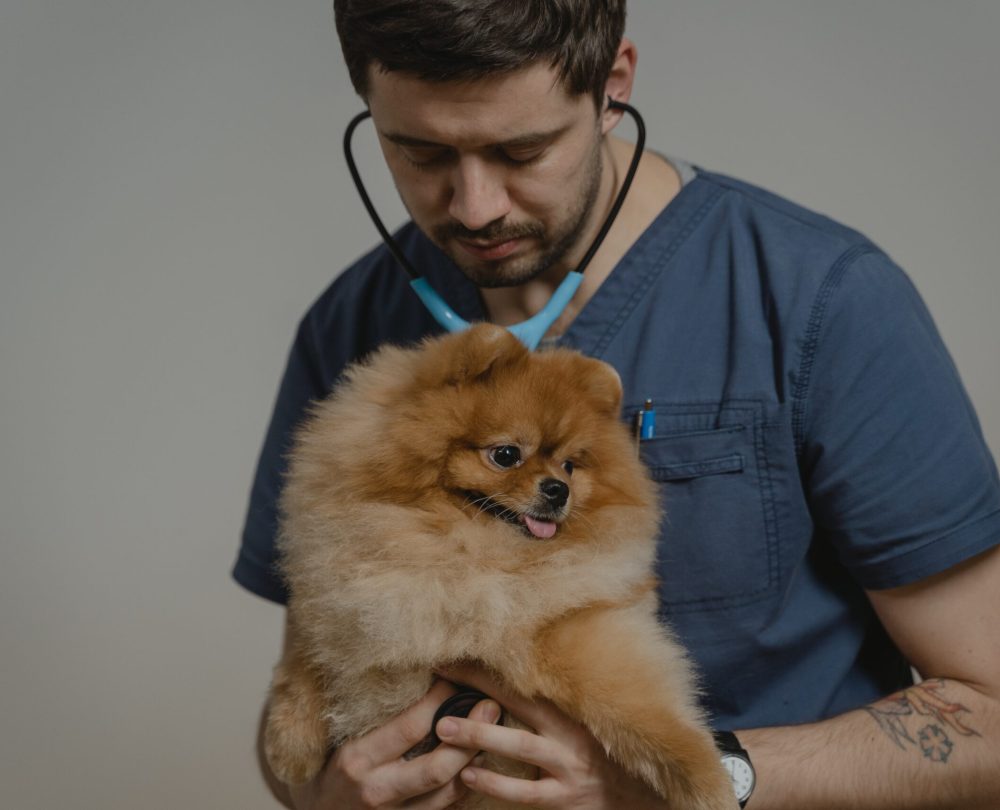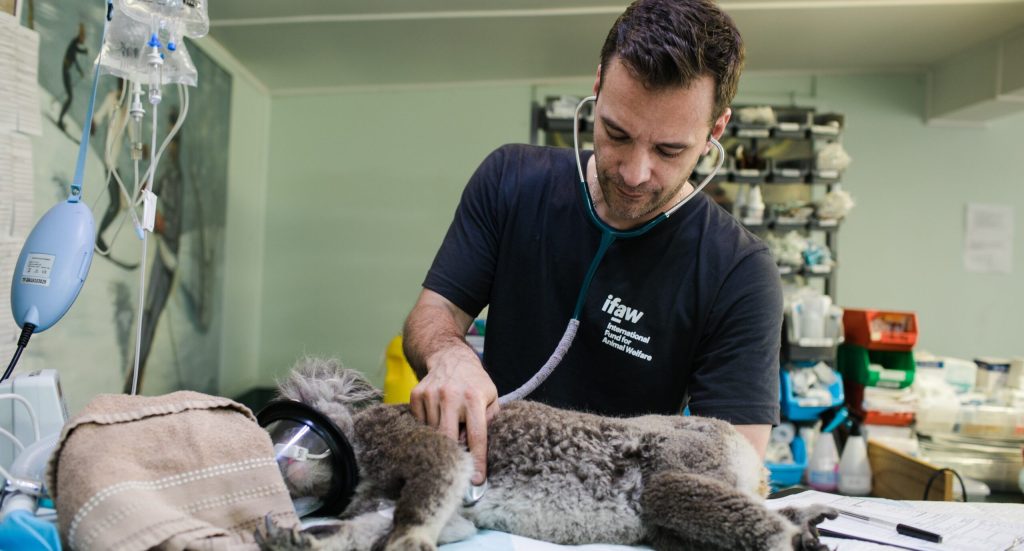Trivia: What doctor treats animals?
Answer: A Veterinarian.


Veterinarians are specialized physicians trained to prevent, diagnose and treat disease in animals for a specific species. Veterinarians can choose to practice with or without surgical procedures depending on their determination or personal preference.
The word “veterinarian” is derived from Latin, veterinae meaning “working animals,” and Greek ιατρός. In almost all countries, the local nomenclature for a veterinarian is a protected term that can only be used by those professionals who have been trained as a veterinarian.
In most cases, regulations in multiple countries require them to only practice in the area of an animal’s health. This is intended to ensure that sick or injured animals receive proper care.
Veterinarians must complete a national-recognized degree and pass board exams before practicing in most countries. In the United States, a veterinarian must first graduate from a four-year postgraduate veterinary school and pass the North American Veterinary Licensing Exam before being eligible to practice in a given state.
The Veterinarian’s Oath is a pledge that, in many countries, must be made by all practicing veterinarians. It has been adapted from older oaths dating back to approximately 1800 BC. The modern version was created by Louis Lasagna, Dean of the School of Medicine at Tufts University, in 1955 and has been revised several times since then.
Veterinarians who focus on non-surgical treatments may be referred to as Veterinary Medical Doctors (VMD) or General Practitioners. Vets typically work on various species, from dogs and cats to cows, horses, and exotic animals such as birds of prey.
These veterinarians must complete a Doctor of Veterinary Medicine degree from an accredited university veterinary school in most countries. In some countries, that degree requires six years or more of post-secondary education. Veterinarians must complete an accredited four-year program and pass the North American Veterinary Licensing Exam (NAVLE) to be licensed in the United States.
Today, some veterinary school graduates prefer to be vets rather than veterinarians. To do that, they must first become a Veterinarian and then earn the right to use that title.
Veterinarians can choose to focus their practice on different species. Some opt to limit their practice to pets and treat cats and dogs only. In contrast, others prefer a specialty such as wildlife medicine.


